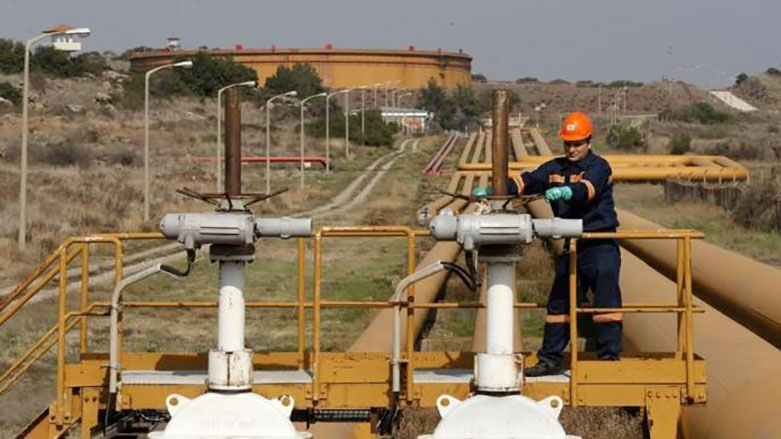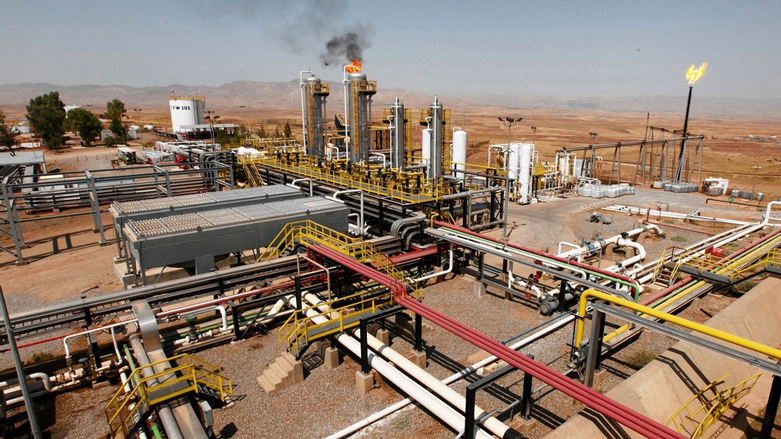KRG invests in minerals as oil revenue decreases

ERBIL, Kurdistan Region (Kurdistan24) – The Kurdistan Regional Government (KRG) Ministry of Natural Resources (MNR) released its monthly report for the Region’s May crude oil export last week.
According to the MNR report, the KRG exported 15,904,271 barrels of crude oil in total, an average of 513,041 barrels per day. The exports went through the Kurdistan pipeline network to the port of Ceyhan in Turkey and generated a $390 million profit.
About $59 million out of the $390 million was given to oil companies in the Kurdistan Region in May.
Based on the report, “The total retained by the KRG was $315 million…and $75 million was allocated to six contractors and shippers according to their PSC entitlement and to pay down past receivables.”
“The buyers of the KRG crude oil lifted 18 cargoes according to the volumes allocated to them under their contracts, of which [four] cargoes (3,797,461 barrels) were allocated against previous debts,” the report added.
In April, the KRG exported 15,356,651 barrels of crude oil in total, generating $376 million.
On June 1, the MNR released a statement inviting “expressions of interest from qualified international mining companies for the Mineral Exploration & Investment in the Kurdistan Region-Iraq.”
The MNR report identified seven prospective blocks for investment: two blocks in Duhok, two in Erbil and three in Sulaimani.
According to the statement, the Kurdistan Region’s mineral profile is characterized by the occurrence of diverse metallic mineral deposits such as Lead (Pb), Zinc (Zn), Copper and others.
In January 2014, the Iraqi government, led by then-Prime Minister Nuri al-Maliki, cut off the Kurdistan Region's proportion of the federal budget.
The budget cut indirectly encouraged the autonomous region to sell crude oil in the world market independently.
Low oil prices have exacerbated the financial crisis in the Kurdistan Region, resulting in a three month delay of payment for civil servants in 2015 and one month in 2016.
Editing by Karzan Sulaivany and Ava Homa

.jpg)
